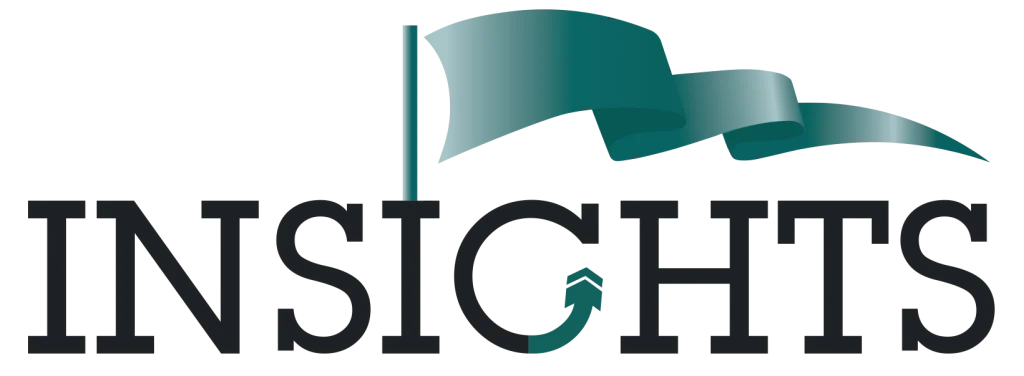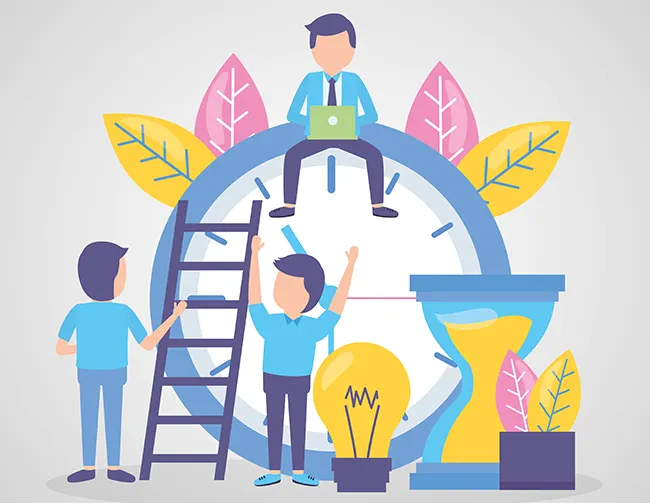Maximising Agent Potential: Leveraging Idle Time, Collaborative Learning, and Effective Coaching for Continuous Improvement

In the demanding environment of a contact Centre, every minute of an agent’s shift holds potential for productivity and development. However, significant pockets of time, often categorised as idle time, can be underutilised. By strategically reimagining these periods, integrating collaborative learning methodologies, and reinforcing them with effective coaching, contact Centres can unlock unparalleled agent potential, foster continuous improvement, and enhance overall operational efficiency and employee engagement. This holistic approach transforms downtime into development time, ultimately building a more skilled and resilient workforce.
Idle time should not be seen as a pause in productivity but as a strategic opportunity for professional growth. Instead of agents waiting for the next interaction, these moments can be structured to include self-paced learning modules on new products or services, reviewing updated knowledge bases, engaging in quick quizzes to reinforce policy understanding, or even updating customer relationship management (CRM) systems. Proactive tasks like these reduce the pressure during peak call times and ensure agents are constantly refreshing their knowledge and skills. It also combats boredom and disengagement, contributing to higher agent satisfaction. When well-structured, every lull in call volume becomes a chance for agents to grow rather than a period of stagnation.
From Idle Time to Shared Learning: Building Smarter Teams
While self-development is essential, collaborative learning elevates growth to another level. Peer-to-peer interaction accelerates knowledge acquisition and skill refinement. In a contact Centre, this means creating an environment where agents learn from one another, share best practices, and collectively solve complex challenges.
This can take the form of structured team workshops during scheduled downtime, informal knowledge-sharing sessions, peer coaching, or group problem-solving exercises. When agents learn together, they not only gain new information but also develop stronger team cohesion, empathy, and a shared sense of purpose. For example, teams can review anonymised challenging calls, brainstorming improved responses or techniques for de-escalation. These collaborative sessions build collective intelligence, adaptability, and confidence across the team.
This environment of shared learning strengthens communication skills and mutual respect, making agents feel valued as contributors, not just individual performers. Over time, this peer-driven growth mindset becomes part of the organisation’s DNA—driving both engagement and excellence.
The Power of Coaching for Continuous Growth
To fully realise the benefits of structured learning, effective coaching remains indispensable. Coaching should move beyond reactive performance correction and evolve into a proactive, developmental partnership. By analysing performance data, leaders can identify skill gaps or opportunities highlighted during interactions or micro-learning activities.
These insights enable personalised coaching sessions that deliver targeted feedback and actionable strategies. For instance, if an agent struggles with a specific customer scenario, their coach can recommend relevant learning modules and follow up with tailored practice sessions. This transforms coaching into a continuous feedback loop, reinforcing lessons from both idle-time learning and peer collaboration.
Coaching should also nurture essential soft skills—empathy, active listening, emotional intelligence, and creative problem-solving. These competencies often define the difference between average and exceptional service. Regular coaching ensures accountability and consistent application of new knowledge, transforming training into behavioural change.
When coaches prioritise development over discipline, they create a culture of trust and support. Agents feel confident taking ownership of their improvement journey, knowing their growth is genuinely invested in and supported.
The Synergy of Learning, Coaching, and Engagement
The interplay between productive idle time, collaborative learning, and meaningful coaching creates a dynamic ecosystem for agent development. When agents understand that every moment contributes to their growth, they approach their roles with greater motivation and ownership.
This integrated model drives measurable benefits:
- Improved Performance Metrics: Higher first-contact resolution, reduced handling time, and improved customer satisfaction.
- Enhanced Engagement and Retention: Agents feel valued, continuously challenged, and connected to their teams.
- Expanded Knowledge and Skills: A versatile workforce ready to manage diverse customer needs.
- Greater Operational Efficiency: Reduced training costs and optimised use of available time.
In essence, maximising agent potential requires viewing every interaction, pause, and learning opportunity as a step towards excellence. By creatively using idle time for growth, fostering collaborative learning, and investing in strong coaching, contact Centres can build skilled, confident, and motivated teams. This investment in people not only elevates customer experience but also shapes a resilient, future-ready organisation prepared to thrive in an ever-evolving service landscape.


